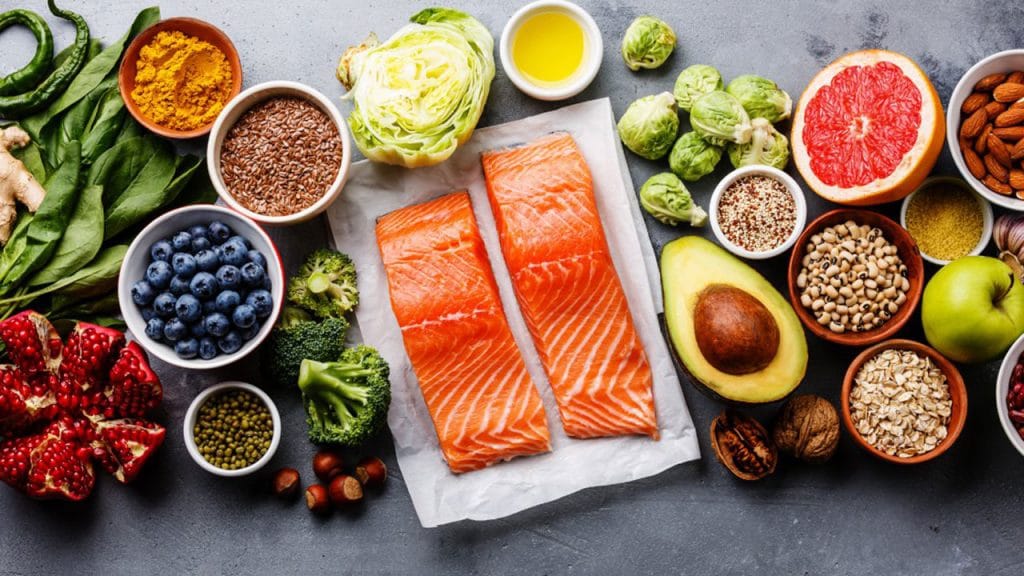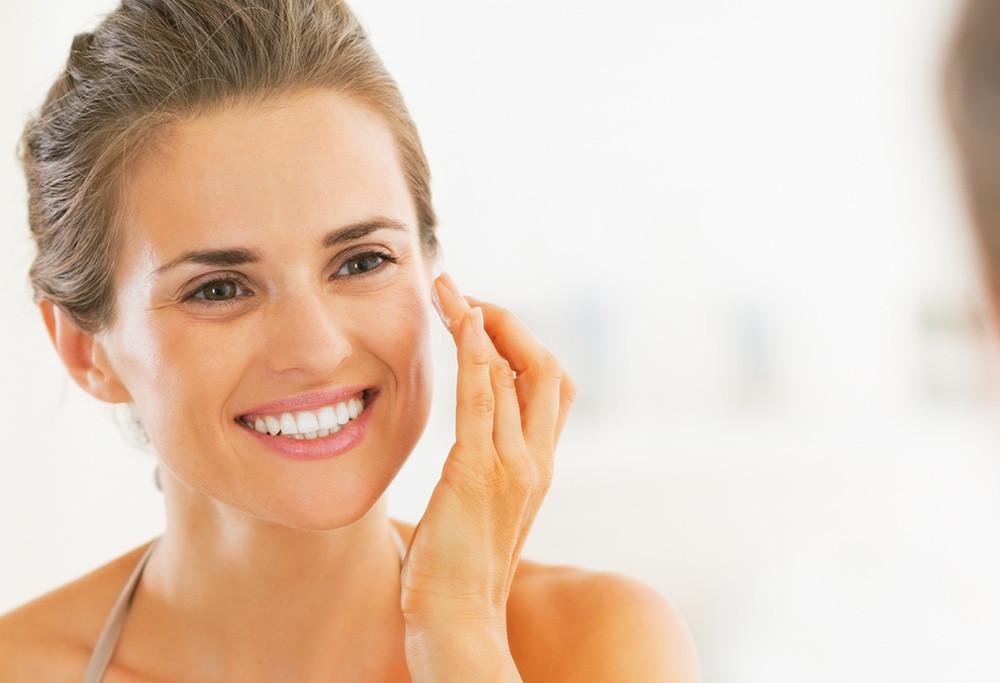There are a lot of products that claim to be the miracle cure for aging. They’ll make every line and wrinkle vanish, they’ll remove every ache and pain, and before you know it, you’ll feel like you’re 20 again.
If you’ve tried any of these miracle cures, you’ll probably have realized that many of them don’t have magical powers. It’s easy to make a claim with no scientific backing and have dozens of people listen, especially when the topic is something as sought-after as anti-aging.
You can’t just take one pill or rub in one cream to hold back the years, but there are a few ways that you can improve your general health enough that when you do get older, you can still feel pretty good. Sometimes it’s as simple as exercising regularly and getting a good night’s sleep. Another important factor is diet.
In general, a balanced diet rich in all the nutrients the body needs is a good idea. That includes lots of fruit and vegetables. Eat the right food and your skin will be smoother, brighter and healthier; you’ll have more energy; and even your mood can improve. All these things can make you feel younger.
Vitamin A, which we mostly receive through our diet, includes what are known as retinoids. These are essential for the growth and repair of healthy skin. Skin is one of the first areas to show visible signs of aging, so this is important for avoiding too many lines, wrinkles and blemishes. Vitamin A is also good for the eyesight, which can fade as you get older.
Common dietary sources of vitamin A include dairy products such as milk, cheese and butter. Oily fish is also rich in vitamin A, as is liver. In fact, too much liver can lead to too much vitamin A in your body, which can be dangerous if you’re pregnant.
With fish and liver both having such high vitamin A content, it’s no wonder cod liver oil supplements also advertise their vitamin A levels. Vegetables that are high in Vitamin A include carrots, red peppers, sweet potatoes and leafy greens such as spinach and kale, along with fruit like papaya.
The other vitamin you are most likely to see discussed in the context of anti-aging is vitamin C, which has powerful antioxidant properties. Vitamin C is also known as ascorbic acid. It’s most famously found in citrus fruits like oranges and lemons, although you can also find it in everything from broccoli to potatoes. Because the body can’t store Vitamin C, you need to consume it fairly regularly.
Like vitamin A, vitamin C is important to skin health. In particular, it helps the body synthesize collagen, the protein in connective tissue holding together skin, bones, cartilage and ligaments. Collagen keeps your skin simultaneously strong and elastic. It’s collagen that is traditionally used in dermal fillers, a form of cosmetic surgery specifically designed to reduce lines and wrinkles.
Vitamins A and C are just two of the nutrients in your diet that can help you look and feel younger. Antioxidants and anti-inflammatories from a range of fruits, vegetables and other foods can protect skin, improve your appearance and generally make you feel great.




